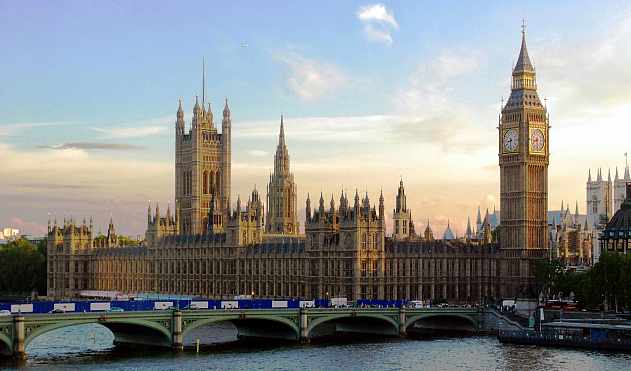How does the Autumn budget affect landlords?

Overview of Autumn 2018 budget
If you were hoping for a huge roll back of decisions about the private rented sector made by former Conservative chancellors, the Autumn 2018 Budget would have been a bit of a disappointment.
The Chancellor, Philip Hammond, didn’t really have a great deal to say to the private rented sector in his 29th October budget. While some commentators have been voicing their bitter disappointment, there were absolutely no whispers or media leaks to suggest a change of mind in the Exchequer. No one really expected a rollback and we didn’t get one.
Even changes that had been hotly tipped failed to materialise. Hammond made no mention of the anticipated tax breaks for landlords who offer longer tenancies.
However, to say the budget was utterly devoid of property news isn’t true. Here’s an overview of the changes.
Tax changes
Let’s start with something that’s tangential but will have the most impact.
The 2019/20 tax year will see changes to tax bands. As well as everyone’s personal tax-free allowance rising to £12,000, the threshold where the 40% higher tax is applied will rise from £46,350 to £50,000. A small crumb of relief after last April’s changes to landlord tax relief.
Lettings relief
This relief reduces capital gains tax on the sale of properties that previously served as the landlord’s personal residence but are currently let to tenants as residential accommodation. The relief sees a maximum exemption of £40,000 per owner.
From April 2020, this exemption will only be available for landlords who live in the property with tenants. Live-in landlords with a single tenant aren’t eligible for lettings relief, so we can only assume this will apply for accommodation with two or more people renting rooms. We need more clarity on this and will await the details that are sure to follow the announcement.
For property owners who are hoping to benefit from private residence relief, the time period between ceasing to occupy a house and final sale has been reduced from 18 to 9 months. This excludes sellers who are disabled or living in a care home, who continue to get a 36-month exemption.
Overseas companies
Any non-UK company that has UK property holdings, either directly or indirectly, will be charged corporation tax rather than income tax, which happens currently. This is chalked in for April 2020, following consultation.
The wider market
- Housing Infrastructure Fund to increase by £500 million
- £8.5 million to allocate land for affordable housing
- Removal of cap on local authority borrowing for house building
- Backdated extension of relief on Stamp Duty for first time buyers
- No evidence of ‘land banking’ by developers, following Oliver Letwin’s review.
While some continue to huff about the hard deals previously handed out, the more cautious (or optimistic) amongst us are happy to say ‘No news is good news’.
More information
https://www.heaven-co.com/news/autumn-budget/article/2018/October/capital-taxes
https://landlords.org.uk/news-campaigns/news/budget-announcements-autumn-2018
